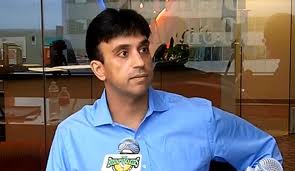(RedShift Writers is a Houston-based content writing agency founded by Daniel J. Cohen. Cohen, one of Houston’s leading content writers and rising entrepreneurs, stated the company in December of 2012. Today, RedShift has a small team of floating writers and content professionals capable of successful ongoing campaigns for a wide variety of clients. Entrepreneurship Interviews took the time to interview Cohen and learn more about his content writing business earlier this week.)
Hi Daniel and welcome. As we are long-time collaborators now judged by today’s standards, I have to say that, unlike most people, you are one of these cases that quickly went from the idea to become an entrepreneur to actually doing it. So I thought this actually might be an interesting story. What are your start-up about?
Daniel: RedShift Writers is a premium content writing company specializing in creating compelling content for customers and effective for search engines. Guided by the slogan “We live to write and write to brand,” RedShift Writers brings lightning-fast content to businesses in an era when content is king. Everything we write is tailored for the digital/social media era: search engine optimized, prime for moving up the PR food chain, friendly for social media channels, and ready for distribution on any electronic channel.



